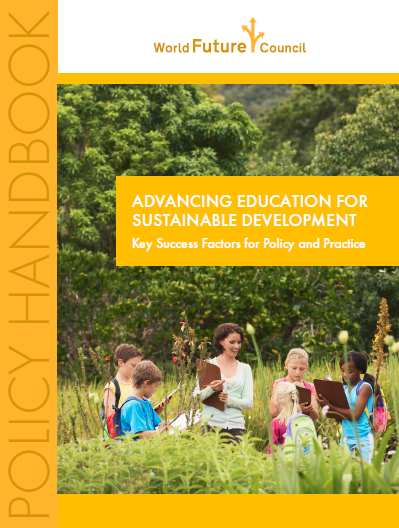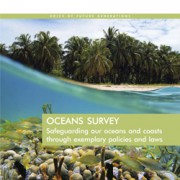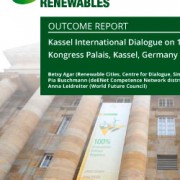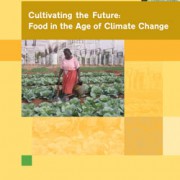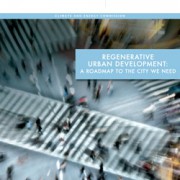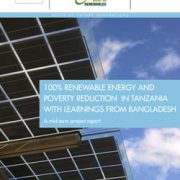Bildung für nachhaltige Entwicklung fördern: Leitfaden und Handbuch
Kurzbeschreibung
Bildung für nachhaltige Entwicklung (BNE) ist dieses Bildungskonzept, das Lernende aller Altersgruppen mit Kompetenzen ausstattet, die für eine sozialgerechte, grüne und kohlenstoffarme Gesellschaft der Zukunft erforderlich sind.
Wir Menschen stehen vor großen Herausforderungen (Ressourcenabbau, soziale Ungleichheit und Ausbeutung der Lebensbedingungen zukünftiger Generationen), die einen Paradigmenwechsel im Denken und Handeln fordern. Der Klimawandel, als reales Ergebnis unseres Lebensstils und Wirtschaftens, macht dies sehr deutlich. Global und lokal müssen wir lernen, nachhaltige und sozial gerechte Entscheidungen zu treffen. Hierfür benötigen wir jedoch eine Bildung, die uns mit den notwendigen Fähigkeiten und Werten ausstattet, als wir heute als Weltbürgerinnen und –bürger dringend benötigen.
Viele Länder haben sich schon auf dem Weg gemacht, Bildung für nachhaltige Entwicklung in ihr Bildungssystem zu integrieren, mehr oder weniger erfolgreich. Das neue Handbuch „Advancing Education for sustainable Development“ zeigt die Faktoren auf, die dazu beitragen, BNE strukturell, z.B. durch politische Rahmenbedingungen und in der Praxis erfolgreich umzusetzen anhand von Fallbeispielen. Gleichzeitig stellt es die Trends und Aussichten vor, die diese ganzheitliche, fortschrittliche und umgestaltende Bildung mit sich bringt.
Vorschau
There is no more powerful transformative force in the world today than quality education. It is an indispensable part of the development equation, promoting human rights and dignity, helping to eradicate poverty, fostering sustainability and building a better future for all. It empowers people to determine their own destiny. In our world of nearly eight billion people with finite natural resources, individuals and societies have to learn to live together, taking responsible actions in the knowledge that not only do they impact people in other parts of the world, but have profound implications for future generations. The future health of the planet rests on creating an education that is at least as far-reaching,
systemic, and transformative as the problems we face. Education for Sustainable Development (ESD) does just that. It can play a key role in promoting positive values and sustainable lifestyles, and empowering people of all ages as actors for peace and inclusive social change. Learning is a key component of innovation, strengthening our collective ability to address complex global and local challenges. There is growing international recognition of ESD’s potential as an integral and transformative element of quality education and lifelong learning and a key enabler of more just, inclusive, sustainable and resilient societies. To do this ESD must continue to empower learners to transform themselves and their communities. Through its embrace of progressive pedagogies, technical and vocational training, and 21st century skills, ESD is helping learners developing fundamental skills, knowledge and competencies such as critical thinking, scenario planning and collaborative decision making, collaboration, and problem-solving.

